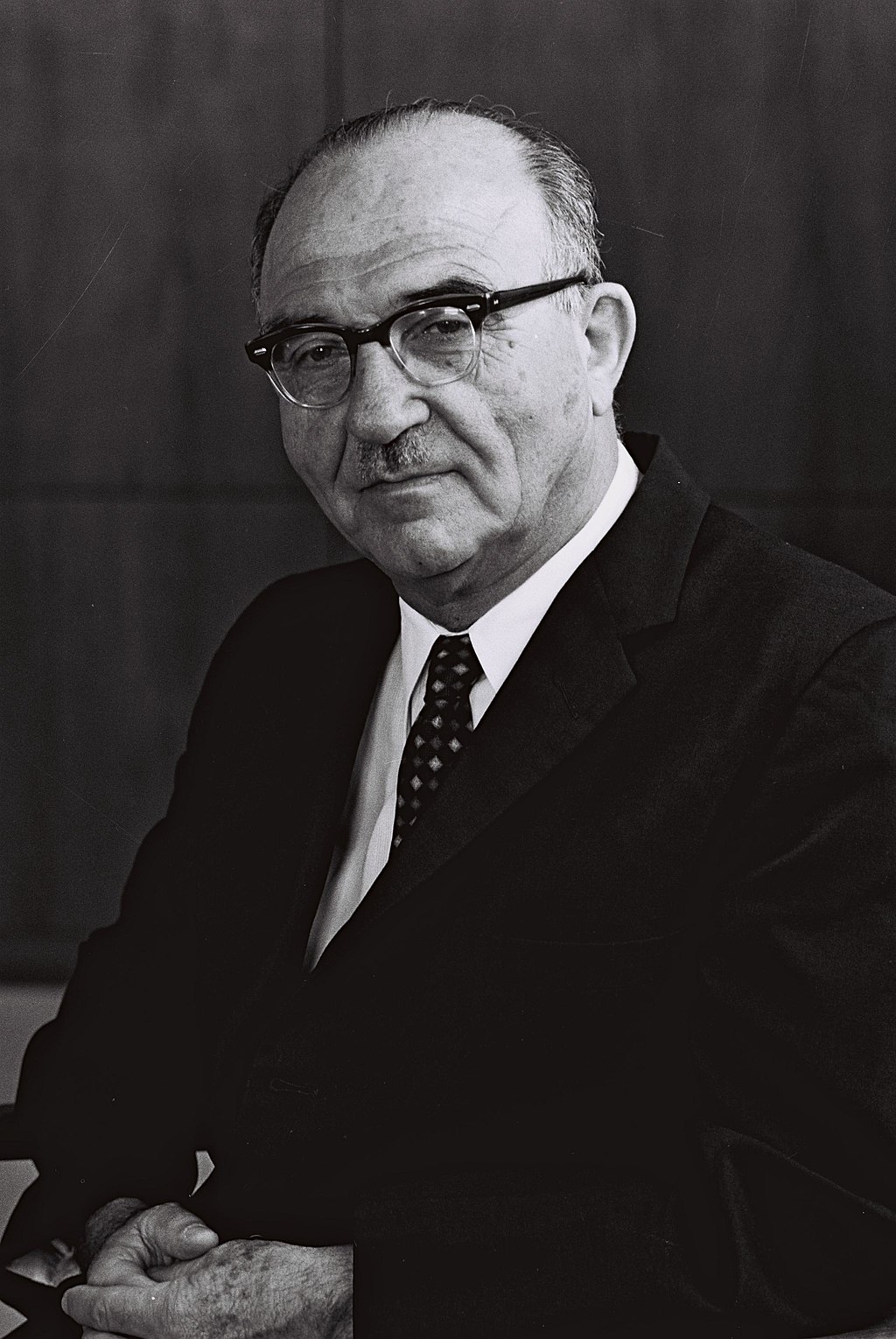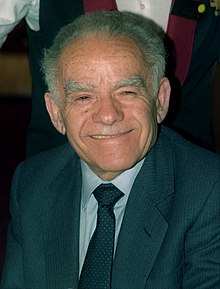Introduction
Ofra Haza was an iconic Israeli singer whose music broke boundaries and brought Israeli culture to international audiences. Born on November 19, 1957, in Tel Aviv, Haza’s unique voice and her ability to blend traditional Yemeni Jewish music with pop, synth, and dance influences made her a global sensation. She is often referred to as the ‘Madonna of the Middle East’ and remains a beloved figure in Israeli music history.
Early Life and Musical Roots
Ofra Haza grew up in the Hatikva Quarter, a poor neighborhood in Tel Aviv. Her parents were Yemeni Jewish immigrants, and their rich cultural heritage had a profound influence on her music. She began performing at a young age with a local theater group, and her vocal talent quickly garnered attention, leading to her first recording contract.
Musical Breakthrough and International Success
Haza’s breakthrough came in the late 1970s and early 1980s with the release of her album ‘Yemenite Songs’, which celebrated her Yemeni heritage and fused it with modern pop elements. This fusion appealed to both local and international audiences, and soon Haza became a household name not only in Israel but across the world.
Her song ‘Im Nin’alu’ became an international hit in 1988, topping charts across Europe and reaching American audiences as well. Haza’s ability to blend traditional Middle Eastern sounds with Western pop made her a standout artist during a time when global music fusion was still in its infancy. She performed on prestigious stages, including the Eurovision Song Contest, and collaborated with well-known international artists, enhancing her reputation as a cultural bridge.
Cultural Impact and Legacy
Ofra Haza was not just a pop star; she was a cultural ambassador for Israel. Her music brought a new understanding and appreciation for Middle Eastern and Jewish culture to audiences who may not have otherwise experienced it. She remained proud of her heritage throughout her career, using her platform to share the rich traditions of Yemeni Jewish music with the world.
Tragically, Ofra Haza passed away in 2000, but her influence on the Israeli music scene remains profound. Many contemporary Israeli artists cite her as an inspiration, and her ability to merge traditional and modern sounds continues to resonate with musicians today.
Awards and Recognition
Ofra Haza received numerous awards and accolades throughout her career, including the Kinor David Prize and multiple gold and platinum album certifications. Her contributions to music were recognized posthumously with various tributes, including streets and cultural centers named in her honor in Israel.
Legacy
Ofra Haza’s legacy lives on as a symbol of Israeli cultural identity and the power of music to bridge cultural divides. Her songs continue to be played and celebrated, and her influence is still felt in the world music scene. Haza remains an icon of resilience, cultural pride, and musical innovation, representing the heart of Israeli music to this day.



